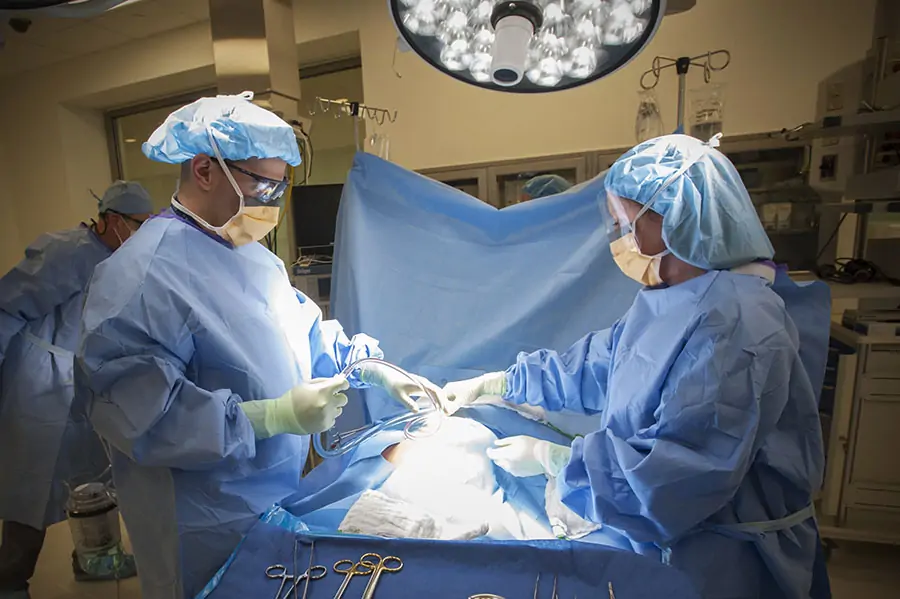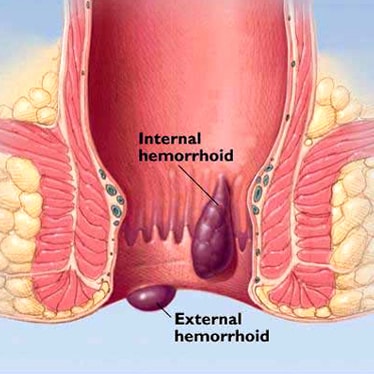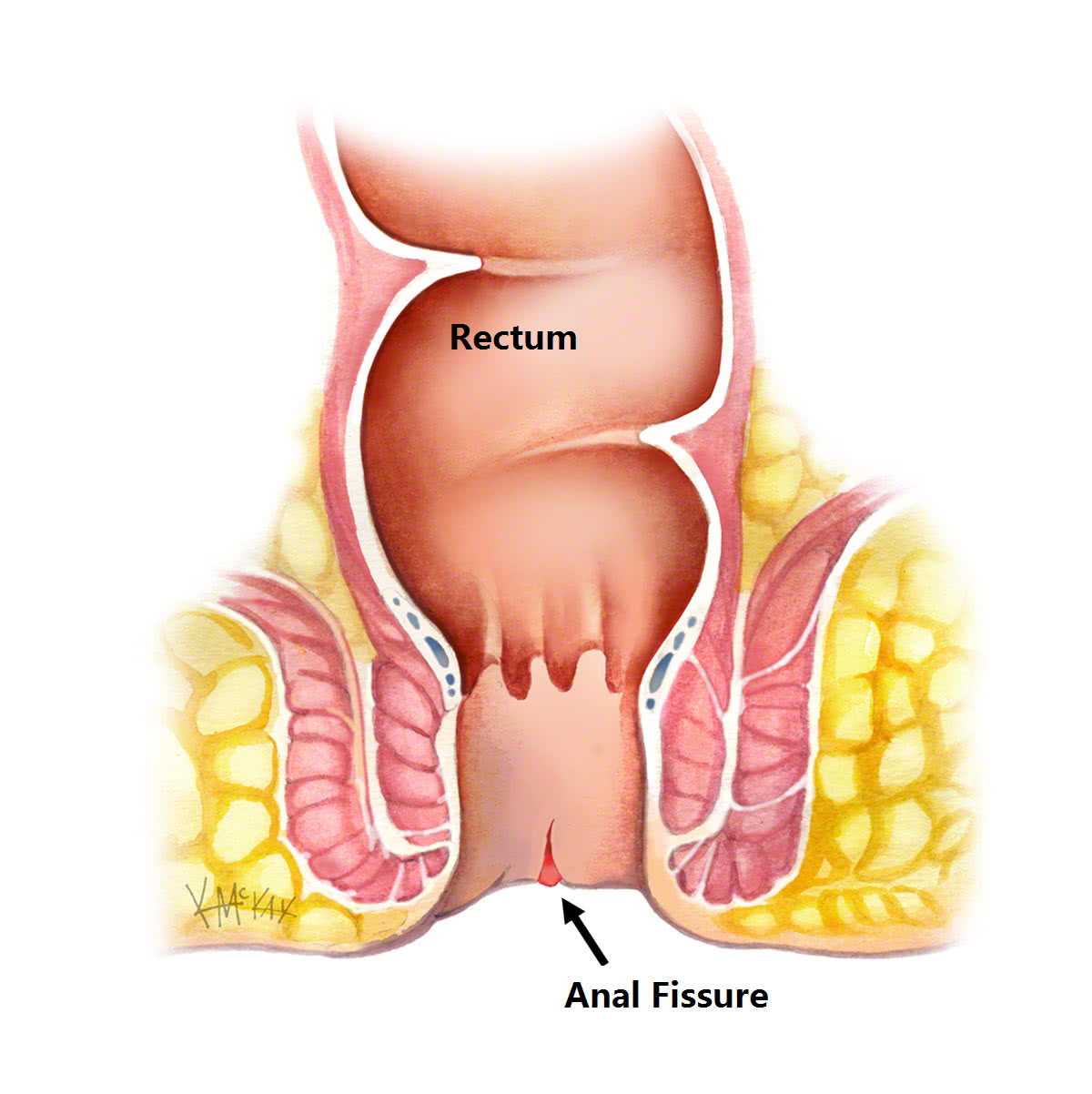Cytoreductive surgery is commonly performed in the treatment of advanced cancers, particularly those with extensive localized growth or tumors that have spread throughout the abdominal cavity. The procedure is often associated with specific types of cancers where the tumors tend to disseminate within the abdominal or pelvic regions. Here are some conditions in which cytoreductive surgery is commonly performed:
- Ovarian Cancer: Cytoreductive surgery is frequently used in the treatment of advanced ovarian cancer. The goal is to remove as much tumor tissue as possible from the ovaries and surrounding areas.
- Peritoneal Carcinomatosis: Peritoneal carcinomatosis refers to the spread of cancer to the lining of the abdominal cavity (peritoneum). Cytoreductive surgery may be employed to remove tumors and affected tissues in this area.
- Colorectal Cancer: In cases where colorectal cancer has spread extensively within the abdominal cavity, cytoreductive surgery may be considered to remove visible tumors and affected organs.
- Mesothelioma: Mesothelioma, a cancer affecting the lining of the lungs, heart, or abdomen, may involve cytoreductive surgery, particularly in cases where the cancer has spread within the abdominal cavity.
- Gastrointestinal Cancers: Cytoreductive surgery can be part of the treatment approach for certain gastrointestinal cancers, such as stomach cancer or appendix cancer, when the disease has advanced within the abdominal space.
- Pseudomyxoma Peritonei: This rare condition involves the accumulation of mucinous fluid in the abdominal cavity due to tumors. Cytoreductive surgery is a key component of the treatment for pseudomyxoma peritonei.
- Gynecological Cancers: Besides ovarian cancer, cytoreductive surgery may be considered for other gynecological cancers that have spread within the pelvic or abdominal regions, such as uterine cancer or cervical cancer.
- Appendiceal Cancer: Cytoreductive surgery is commonly used in cases of appendiceal cancer, particularly when the cancer has disseminated within the abdominal cavity.
- Primary Peritoneal Cancer: Cytoreductive surgery may be part of the treatment strategy for primary peritoneal cancer, a rare cancer that arises in the peritoneum.
- Endometrial Cancer: In cases where endometrial cancer has advanced and spread beyond the uterus, cytoreductive surgery may be considered to remove visible tumors.
It’s important to note that the decision to perform cytoreductive surgery is based on various factors, including the type and stage of cancer, the overall health of the patient, and the potential for improved outcomes with a multimodal treatment approach. The procedure is often combined with other treatments, such as hyperthermic intraperitoneal chemotherapy (HIPEC) or systemic chemotherapy, to target residual cancer cells. The specifics of the treatment plan are tailored to each individual’s case.
If you or a loved one is seeking expert care for gastrointestinal conditions, turn to the renowned expertise of Dr. Chintamani, the leading gastrointestinal surgeon in Mumbai. With a commitment to precision, compassion, and optimal patient outcomes, Dr. Chintamani specializes in advanced surgical interventions for a range of gastrointestinal issues.




